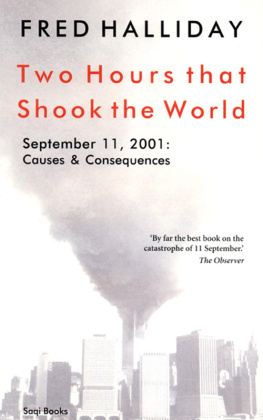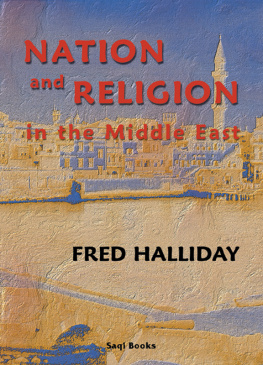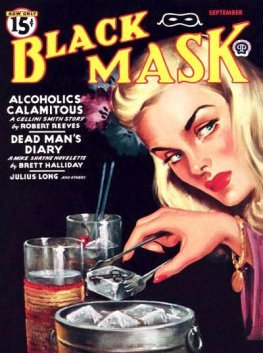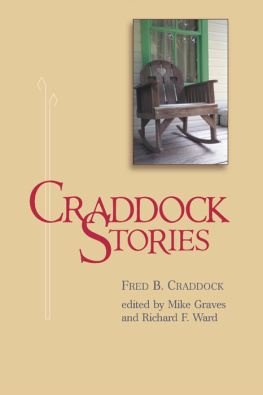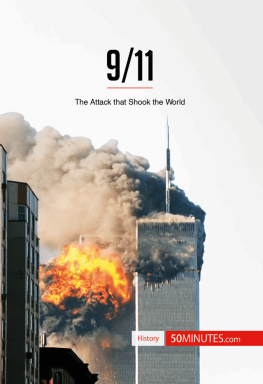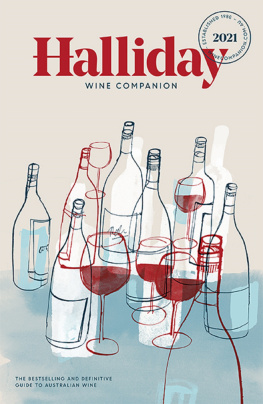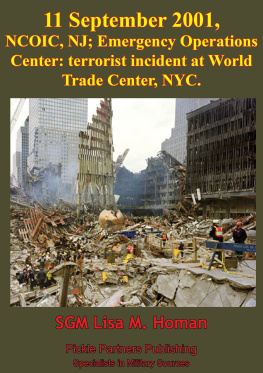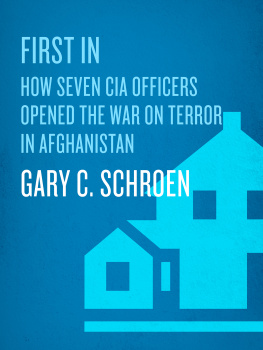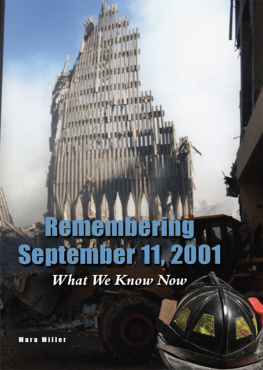FRED HALLIDAY
TWO HOURS THAT SHOOK THE WORLD
September 11, 2001: Causes and Consequences
Saqi Books
What can I do, Muslims? I do not know myself. I am neither Christian nor Jew, neither Magian nor Muslim,
I am not from east or west, not from land or sea.
Rumi
Jalaluddin Rumi, mystical poet, born Balkh, northern Afghanistan, 1207, died Konya, Turkey, 1273.
[This translation, from Music of a Distant Drum, by Bernard Lewis, Princeton University Press, 2001, p. 122.]
What is to be done? Shto delyat? We simply cannot return to the claustrophobic, isolationist relativism which our romantics recommend so blithely; each community back to its totem pole!
Ernest Gellner
Ernest Gellner, born Prague 1925, died Prague 1995.
[Postmodernism, Reason and Religion, Routledge, 1992, p. 90.]
Keywords:
A Lexicon of Crisis
Afghanistan. Literally land of the Afghans, denoting both all inhabitants of that country and more specifically the Pushtun. Founded in 1747 and ruled until 1993 by the Muhammadzai monarchy. From 197892, it was ruled by the communist Peoples Democratic Party of Afghanistan (PDPA) as the Democratic Republic of Afghanistan, from 199296 by the mujahidin alliance, as the Islamic Republic of Afghanistan, and from 1996 to 2001 by the Taliban as the Islamic Emirate of Afghanistan.
Akhund. Persian, of popular and often derogatory character, for a Muslim cleric. Hence akhundism, term used in post-revolutionary Iran by secular critics of the Islamic clerical regime. In English literature, the word occurs in the Edward Lears poem, The Akond of Swat, where it refers to a local Muslim ruler.
Amir al-Muminin. Commander of the faithful, traditional title of Muslim leaders, taken by Taliban leader Mullah Omar; also one of the official titles of the kings of Morocco.
Anfal. Arabic for booty and the title of a verse of the Quran, often invoked by suicide bombers in preparation for action. Also the name of a campaign launched by the Bathist government against the Iraqi Kurds in 1988.
Anthrax. From the Greek anthrax, a piece of coal (hence anthracite), boil or carbuncle. Since 1876 also a fever caused by minute, rapidly multiplying, organisms in the blood. Treatment by the antibiotic Ciprofloxacin is regarded by many doctors as an expensive, and more risky, response than others, such as the generic drug Doxycycline.
Anti-terrorism. Policies responding to terrorist acts. Cf counter-terrorism.
Arabia. Elastic and often confused word. English term for the Arabian Peninsula, in Arabic al-jazira al-arabia. See Jazira. The English term Saudi Arabia is in Arabic al-mamlaka al-arabiyya al-saudiyya, The Arab Kingdom of Saudi Arabia. The older English term Araby and comparable terms in other European languages can be used to cover the Arab world, as well as Iran, real or imagined, as a whole. Hans-Werner Henzes recent song cycle, Sechs Lieder aus dem Arabischen, translated as Six Songs from the Arabian derives its title from one of the six items, a Persian poem by Hafez.
Asian. Literally, any inhabitant of the continent of Asia, from Turkey to Japan, and comprising all of the Middle East, South Asia, Southeast Asia and East Asia. Since the 1980s contemporary British usage, an inhabitant of, or person originating from, South Asia, of indeterminate religion (i.e. Hindu, Muslim, Buddhist, Sikh, Jain or Christian).
Asymmetric Conflict. Term developed by social scientists and US strategists in the 1970s, above all in response to Vietnam, to denote a war between fundamentally dissimilar powers, the orthodox state having an advantage in firepower, and economic resources, the guerrilla opposition having greater endurance and tactical agility. The aim of the latter is to undermine the dominant state through political pressure on its regional allies and on its domestic, political and financial system. For a classic analysis see Andrew Mack Why Big Nations Lose Small Wars: the Politics of Asymmetric Conflict in World Politics, vol. 27, no. 2, 1975.
Ayatollah. Arabic for Shadow or Sign of God, highest clerical title in Shiite Islam.
Bathism. A militant nationalism, drawing on fascist ideas of war, leadership and blood, as well as racial superiority, in this case Arab, but also on communist forms of state and party organisation. Ideology of the Arab Bath Socialist Party, in power in Iraq since 1968 and in Syria since 1963.
Bioterrorism. Came into use in the 1990s to denote the use by terrorists of biological weapons, e.g. anthrax, botulism, plague, smallpox.
Blowback. Somewhat evasive term, said to be a CIA slang, for activities carried out by former Western clients, such as the Afghan guerrillas, who later turn against the West. Examples of exculpatory passive: the pen was lost, it slipped rather than I lost it, I knocked it over.
Brigade 005. A special military unit, composed of Arab militants, used for operations in support of the Taliban inside Afghanistan. Notorious for the violent suppression of opponents of the Taliban, especially the Shiites.
Containment. Term popularised after World War II as an alternative to all out war, to denote Western policy towards the USSR, one of military resistance to its expansion, but longer-term erosion of its ideological and political dynamic. Classically formulated by American diplomat George Kennan in his 1947 Foreign Policy article, The Sources of Soviet Conduct.
Corkscrew Journalism. Instant comment, bereft of research or originality, leading to a cycle of equally vacuous, staged, polemics between columnists who have been saying the same thing for the past decade, or more. The term originated in the film The Philadelphia Story (George Cukor, 1940).
Counter-terrorism. Policies designed to prevent, if necessary by anticipatory action, terrorist acts.
Crusade. From the French croix, cross, a campaign by Christians to defeat Muslims and reoccupy the Holy Land of Palestine in the eleventh-thirteenth centuries. First used in English in 1577. Associated at the time, as in the occupation of Jerusalem in 1099, with the massacre of Muslim and Jewish inhabitants. First used in 1786 to denote aggressive movements against a public enemy. The Arabic/Muslim term salibi, crusader, has been used in recent times, but rather little before, as a term of invective against Western states. Its use by Muslims outside the Mediterranean is a product of activism in the late 1990s. See also Hulagu.
Denial. Literally, to declare not to be true; in psychoanalytic theory, the denial of some form of reality, such as an unwelcome event or a particular trauma suffered by an individual. More loosely used in the 1980s and 1990s to refer to the refusal of individuals, and collective groups, to accept responsibility for their own crimes or for conflict.


